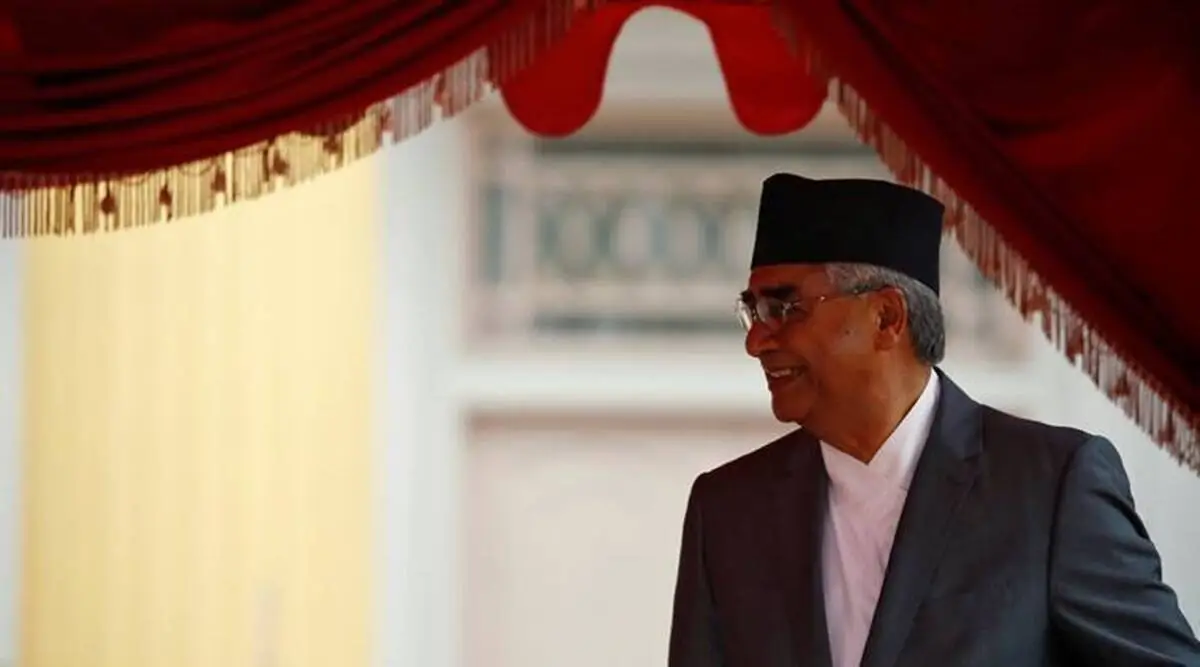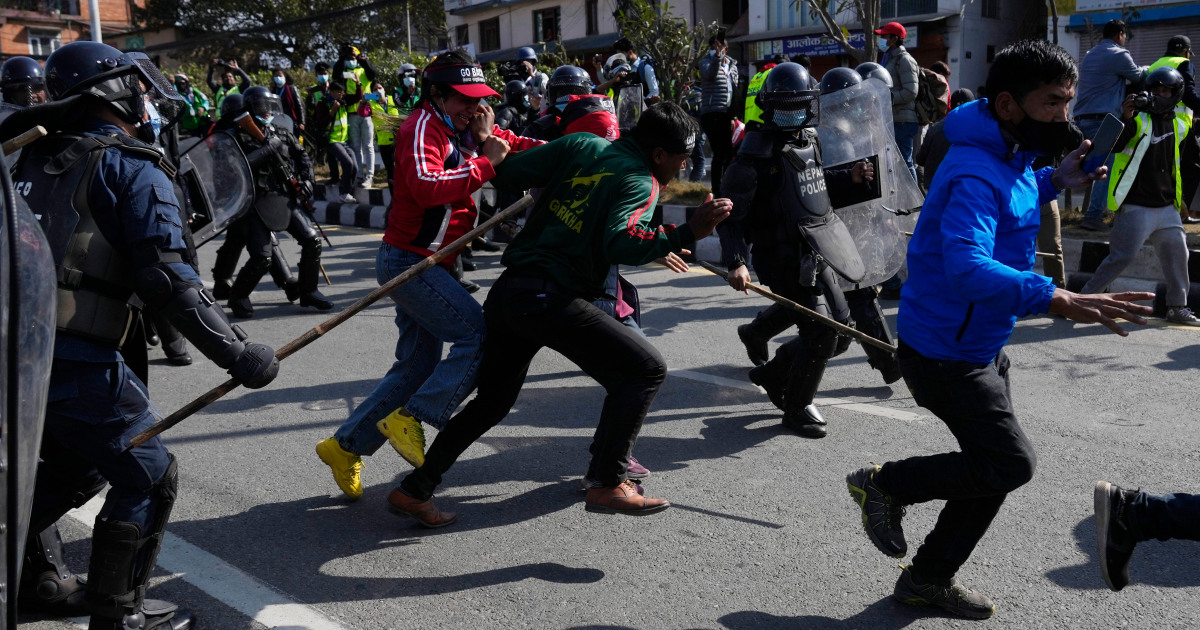Nepal: Deuba Likely to Remain PM Despite Ruling Coalition Losing Majority

The Facts
Nepal's incumbent Prime Minister, Sher Bahadur Deuba, is set to stay for a sixth term following last month's general election. The Election Commission declared on Wednesday that his Nepali Congress party had won 89 of the 275 seats in parliament.
The news comes as it was confirmed the five-party ruling coalition — made up of the Congress, the CPN (Maoist Center), the CPN (Unified Socialist), the Loktantrik Samajbadi Party, and the Rastriya Janamorcha — had secured 136 seats, just two seats short of the 138-majority mark.
The Spin
Anti-China narrative
This result was crucial to prevent the PRC from achieving its goal of uniting all Nepali communist parties under the leadership of the CPN-Unified Marxist Leninist and creating a pro-Beijing coalition. Now, it is time for New Delhi to deepen personal ties with new lawmakers and integrate Kathmandu into India's sub-regional connectivity projects.
Pro-China narrative
Nepali-Chinese relations won't be affected by this election, as major parties in Nepal have all been clear that Kathmandu must maintain good relationships with both the PRC and India. Exchanges with Beijing mean tangible benefits to Nepalis, including high-quality cooperation in investment, infrastructure, and other areas.



